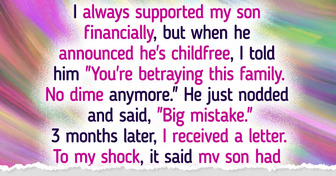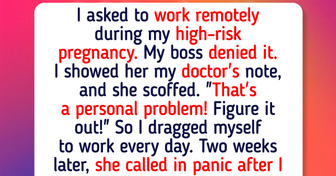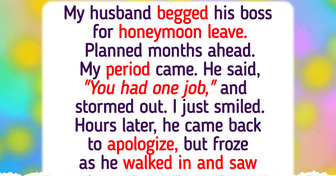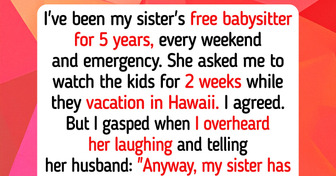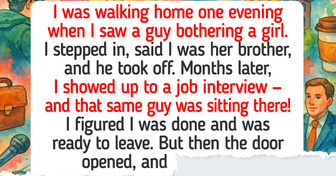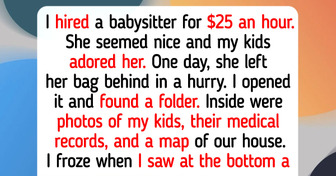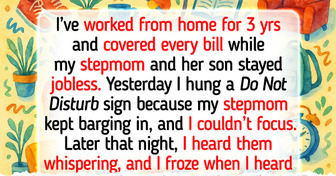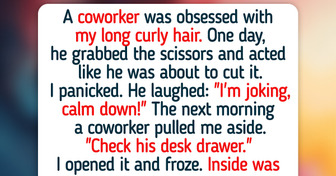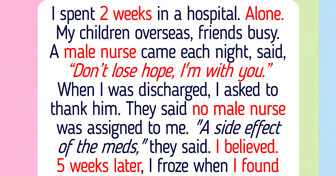12 Plot Twists So Insane, Even AI Couldn’t Predict Them
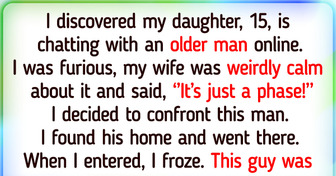
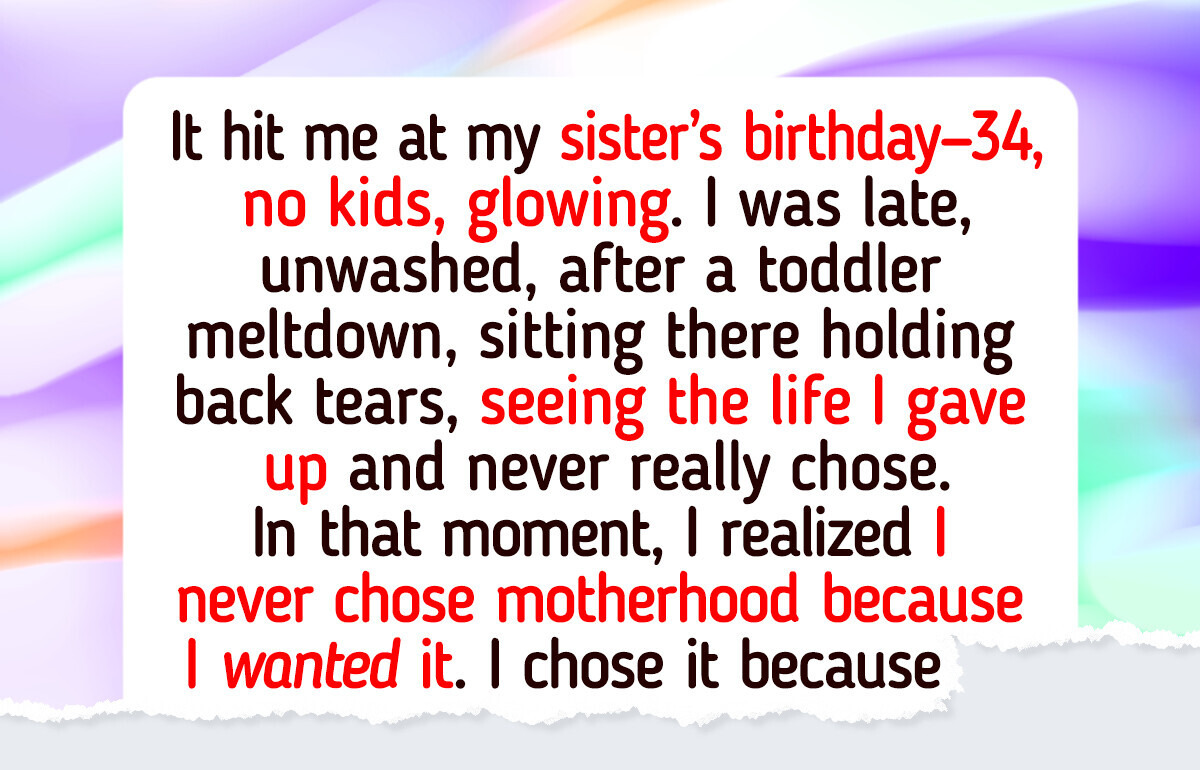
We recently received a letter from a reader who shared a truth many parents quietly carry but rarely speak aloud. It wasn’t a story of resentment or blame — but one of deep love, quiet grief, and a kind of honesty that deserves to be heard.
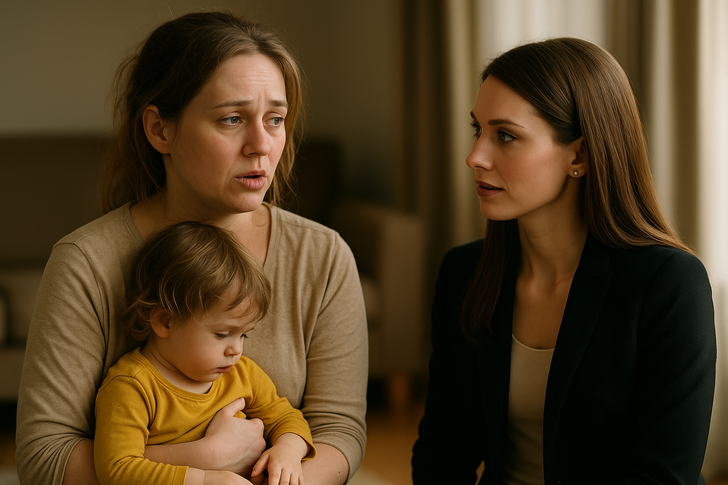
“It hit me at my sister’s birthday dinner.
She just turned 34, no kids, thriving. She booked a last-minute trip to Japan, just started a pottery studio, and showed up in this sleek black dress like she’d slept 10 hours and didn’t have a single crusty Goldfish cracker in her purse.
Meanwhile, I was 20 minutes late because my 3-year-old had a meltdown over sock seams. I hadn’t washed my hair in four days. I sat there, nodding politely, holding back tears, because for the first time I really saw what my life could’ve been.
Don’t get me wrong—I adore my kids. They’re my entire heart. But in that moment, I realized I never chose motherhood because I wanted it. I chose it because it was next. Because everyone else did. Because ‘you’ll never feel complete until you’re a mom.’
Now I feel anything but complete.
I miss my old self. The creative, curious, spontaneous me. The one who had energy and ambition. Now I’m a walking calendar. School lunches, playdates, pediatricians, repeat.
I’m not writing this for sympathy. I’m writing this because I don’t think I’m alone. I love my kids deeply. But I regret becoming a parent.
And yes, both can be true.”
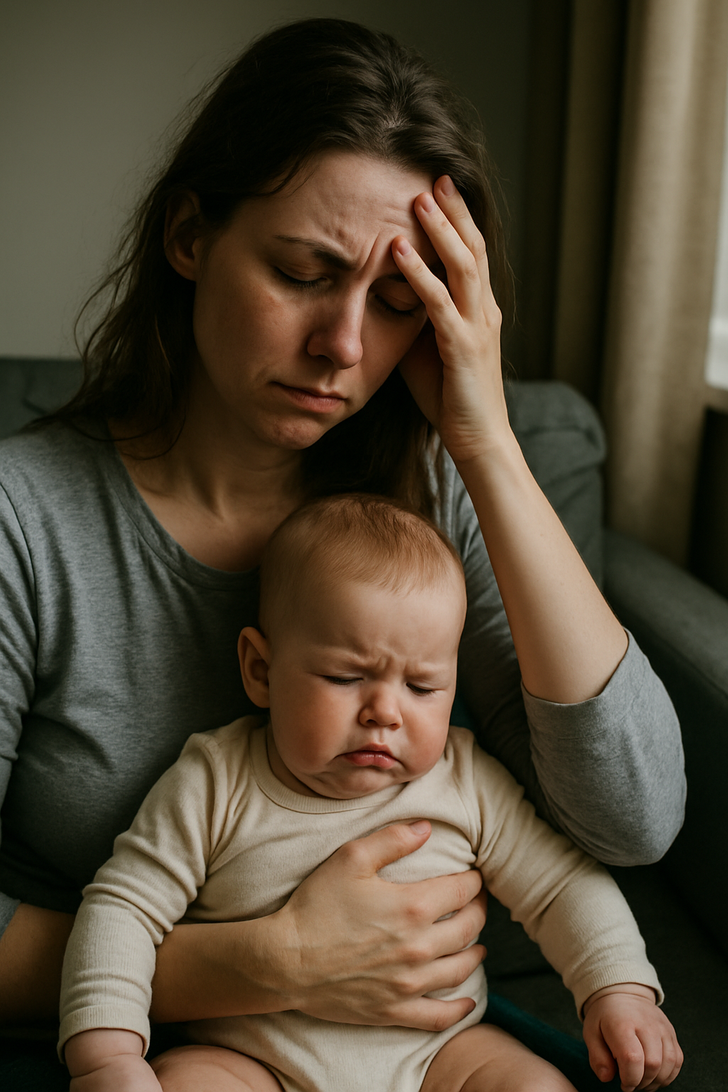
A team of researchers developed the Parenthood Regret Scale to explore a topic often overlooked: regretting becoming a parent. Citing past studies, they noted that 5–14% of parents experience this regret, though the subject is under-researched due to social stigma and lack of proper tools to measure it.
Their findings revealed that parental regret is linked to higher burnout, more depressive symptoms, and lower life satisfaction, though these relationships aren’t necessarily causal. In some cases, burnout may lead to regret, while in others, regret may increase emotional strain, making it harder to adjust to parenting.
Importantly, the researchers emphasized that feeling regret doesn’t make someone a bad parent—and that creating space for honesty and compassion around this emotion is vital for the well-being of both parents and children.
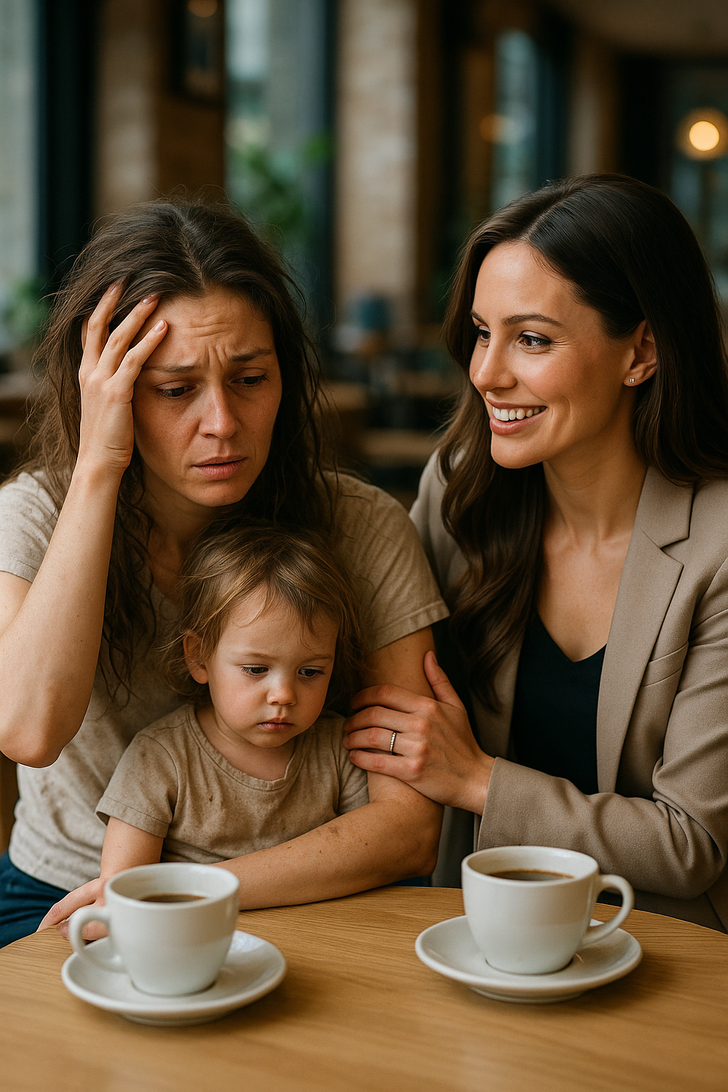
Speaking honestly about the emotional struggles of motherhood still breaks a taboo — especially when those feelings include regret, resentment, or sadness. That’s why many parents keep their pain to themselves, afraid of judgment. But what can truly help is the very thing so many avoid: understanding.
Creating space for open, honest conversations — especially with others who’ve felt the same — can bring real relief. Feeling seen and heard makes it easier to move through emotional lows. Support from a partner, close friends, or family is also crucial. When someone feels alone in their experience, that isolation can deepen their despair.
One of the most powerful steps a parent can take is simply giving themselves permission to rest and be cared for. That might mean delegating responsibilities, saying yes to help, or allowing time just for themselves. Reflecting, journaling, or practicing small moments of mindfulness throughout the day can help process grief, reduce stress, and rebuild emotional resilience.
Most importantly, connecting with others who share these feelings reminds struggling parents of one essential truth: you are not alone — and you are allowed to feel this way.
Sometimes, the bravest thing a parent can do is admit that love doesn’t erase loss—and that their truth still deserves to be heard.
I’m Child-Free, and My Parents Chose to Leave Their Legacy to My Cousin—So I Turned the Tables

